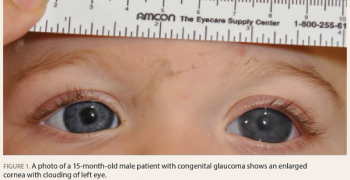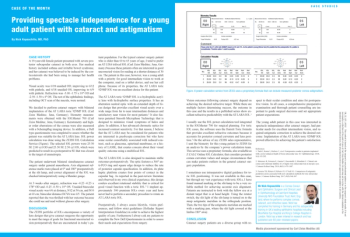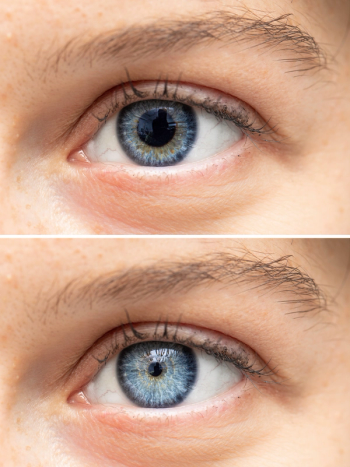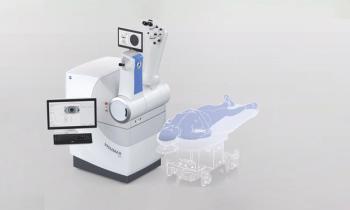
Clinical ophthalmology efforts will target the 'busiest' outpatient speciality.

Clinical ophthalmology efforts will target the 'busiest' outpatient speciality.

Dr Zeba A. Syed emphasises the importance of performing surgery sooner rather than later for patients with Pseudomonas scleritis

The country is home to 20% of biotechs headquartered in Europe.

Ground-breaking treatment for bullous keratopathy approved in Japan



Therapeutic has fewer adverse effects in patients with POAG and OHT, study results show

Early detection and diagnosis are key for these young patients

Accessibility obstacles could prevent those with sight loss from receiving support and care.

What ophthalmologists want patients to know ahead of UK bank holiday.

Growing evidence supports dual therapy to slow progression.

The countries join 15 other nations that have eliminated the disease.

The two companies have announced an exclusive agreement for Polifarma to commercialize AVT06, the proposed biosimilar to Eylea, in Turkey.

Physician supervision stood out as the major determining factor behind ‘excellent’ learning outcomes in a clinical environment.

Identifying pre-myopia creates an opportunity to deploy accessible prevention strategies, which could reduce prevalence of myopia in children.

According to Bausch + Lomb and Novaliq, MIEBO is the first prescription eye drop approved for dry eye disease that directly targets tear evaporation, based on consistent results from a pair of pivotal Phase 3 trials.

The authors suggest that consumers pay attention to age labeling of toys and consider use of protective goggles, while manufacturers could promote use of safety glasses to protect children’s eyes.


Dr Arun C. Gulani explains how his corneal surface technique offers a contrast to cutting procedures without risk, pain or drama.

Surgeons are performing more minimally invasive glaucoma surgeries and fewer trabeculectomy procedures.

The announcement represents the first FDA-approved, fixed-combination of tropicamide and phenylephrine for mydriasis, according to the company.

The nonprofit's Refractive Error Among Children programme allows for early detection, prevention and appropriate management of visual impairment.

RGC replacement represents a more formidable challenge.

Geographic atrophy is now a major research target.


Physician outlines latest emerging technologies to treat condition

A colourful look at how the keratopigmentation technique offers therapeutic and cosmetic applications.

Ronald Zambrano, lab supervisor for the advanced Ophthalmic Imaging Lab at NYU Langone, talks about lamina cribrosa pressure and predicting structural glaucoma progression at this year's ARVO meeting.

The company’s CT Lucia 621P monofocal IOL enables surgeons to treat a wide range of cataract patients while supporting optimised visual outcomes.

Japanese investigators have found an ocular biomarker of cardiovascular diseases.